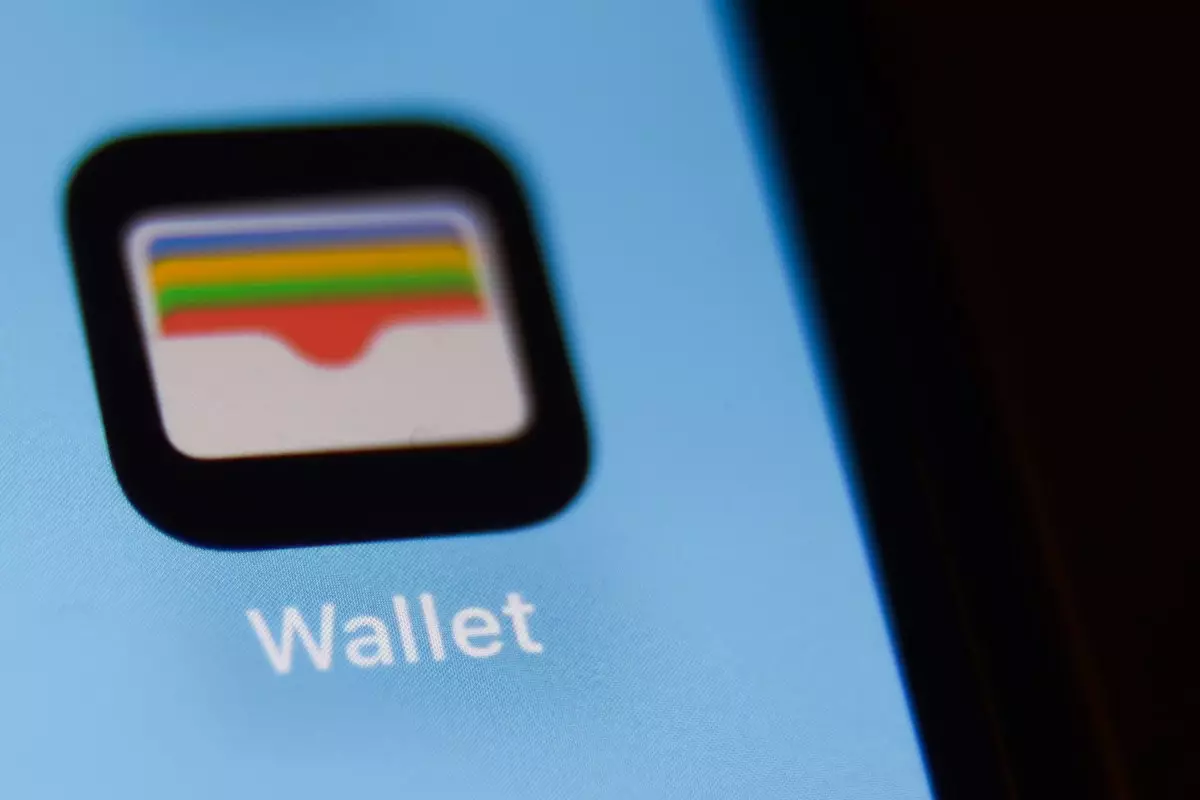In an ever-evolving digital landscape, California has taken a significant step forward by enabling residents to store their driver’s licenses and state IDs within the Apple Wallet. This innovative move, announced recently, puts California at the forefront of adopting digital identification methods. The integration not only simplifies the storage and presentation of identification cards but also propels the state into a new era of technological convenience and efficiency for its citizens.
The introduction of mobile IDs comes on the heels of California’s prior engagement with digital identification, having only rolled out a similar feature through Google Wallet just a month earlier. By allowing residents to utilize their smartphones for presenting IDs, whether at TSA checkpoints or local businesses, California is enhancing the user experience. This evolution in identification methods indicates a growing trust in digital solutions, aimed at improving everyday interactions.
For those wondering how to integrate their physical IDs into the Apple Wallet, the process is straightforward. Users need to access the app, tap the “+” icon, and then select “Driver’s License or State ID.” The application will prompt them to follow a series of on-screen instructions, including taking a selfie and scanning both sides of their physical ID. Similarly, the Google Wallet process involves tapping the “Add to Wallet” option and following analogous verification steps. This seamless setup highlights the convenience embedded in modern-day technology.
This initiative not only simplifies daily affairs for individual residents but potentially serves as a valuable model for other states. Currently, digital driver’s licenses and IDs are already operational in states such as Arizona, Colorado, and Ohio, among others. California Governor Gavin Newsom has touted this digital ID approach as a progressive move that aligns with the state’s commitment to serve its constituents in innovative ways, merging technology into daily life. The shift marks a significant transition from traditional identification methods to mobile-centric solutions, paving the way for increased adoption elsewhere.
The success of California’s initiative is evidenced by the rapid uptake of mobile driver’s licenses; over 500,000 residents have embraced the digital format through the California DMV Wallet app, despite the program being limited to 1.5 million participants in its pilot phase. This suggests that the demand for digital IDs is not just a trend but a growing preference among citizens seeking efficiency and accessibility.
Looking forward, the implications of this digital identity program extend beyond California’s borders. Reports indicate that more than 20 states are considering the idea of adopting mobile digital licenses. This snowball effect signifies a larger movement towards integrating technology with governance and day-to-day living. The ability to carry and present identification on mobile devices addresses many logistical challenges faced by individuals today.
California’s introduction of digital IDs in Apple Wallet represents a turning point in identification methods. It reflects not only a shift toward convenience but also a broader trend that could redefine how personal identification is managed across the United States. As digital adoption grows, the expectation for secure, private, and user-friendly solutions will likely continue to drive innovation in this realm. The future looks promising, as a digital ID revolution appears imminent.

